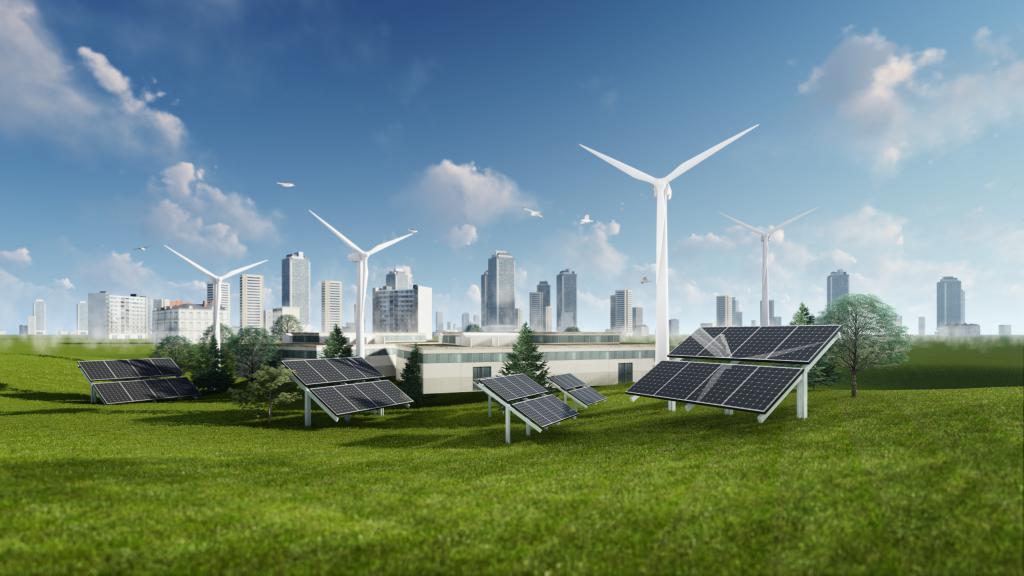Energy transformation and combating climate change are a major economic and social challenge for the EU. Especially that in 41 regions of the Community coal is being actively mined. How to make changes in the European energy sector so that everyone can benefit from them was discussed by experts during the conference "What is a "just" Energy transition" organized in Brussels by Politico and the Polish Electricity Association.
The European coal sector and its subsidiary sectors employed approximately 452,000 people in 2015. Employment is most concentrated in Silesia Province in Poland, Yugoiztochen in Bulgaria, Severozapad and Moravskoslezsko in the Czech Republic, Muenster in Germany and Sud-Vest Oltenia in Romania. For this large professional group and for the economies of these countries, the way of conducting the energy transition and moving away from coal is extremely important. - Transformation is a process that requires time and money. Radical solutions may have a negative impact on security of energy supply, the competitive position of businesses and the economic situation of households. In our view, for the time being, non-controllable RES sources need to be supplemented, including controllable gas and coal sources. However, we assure you that we strive to use them in a modern and efficient manner. - said Filip Grzegorczyk, president of Tauron Group and vice-president of the Polish Electricity Association.
During the conference, experts agreed that many countries are still undergoing the energy transition process. Poland is one of them. However, the European Commission envisages funds for the transformation of post-mining areas. - We are able to prepare tailored strategies for each region depending on what they have. We are ready to move forward. My motto is "no region is left behind." - – providedCorina Crețu,European Commissioner for Regional Policy.
Support in the transformation process will also concern jobs in mining areas. Both those directly and indirectly connected with the coal sector. - – Among other things, we have a proposal to increase spending on research in order to seek new technologies that will contribute to the development of a clean and sustainable economy in these regions. We aim to ensure that decarbonisation does not slow down growth, but enhances it. - said Megan Richards, Director of Energy Policy at the European Commission's Directorate-General for Energy.
Conference participants agreed that each country has different individual circumstances and is at a different level of transition. Therefore, it should be, above all, fair. - EU regions differ. Some are diverse in their energy mix and others are still dependent on a single technology. It is therefore necessary to provide the means for change. - – Marion Labatut concluded,representing Eurelectric.
The meeting organized by Politico and PKEE was attended by representatives of the EU, energy sector and ecologists. This is another example of PKEE's sustained involvement in the development and future shape of the European energy sector. The experts agreed that the transformation process is connected with high costs and should be appropriately distributed in time, and take into account the specific nature of regions where coal still plays a major role in the energy mix.
DOWNLOAD FILES

